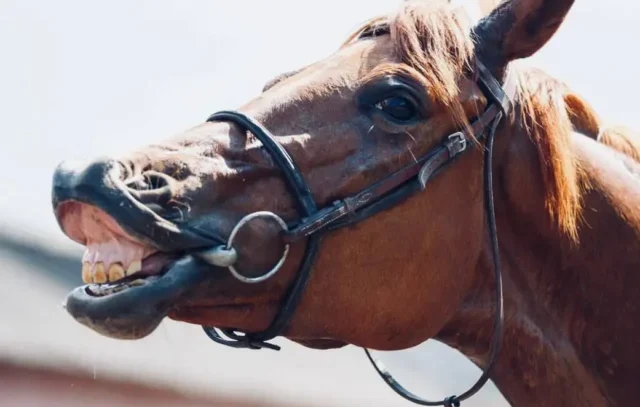How Long Can a Horse Go Without Water? Essential Hydration Guide for Horse Owners
Horses are renowned for their resilience, but water is their lifeline. Dehydration can quickly become a serious, even life-threatening, issue for these majestic creatures. In fact, just a 2% decrease in hydration can impact a horse’s performance. As a horse owner, understanding their hydration needs is crucial. In this guide, we’ll uncover how long a horse can go without water, factors influencing their thirst, and expert advice on keeping your equine companion healthy and hydrated.

Why Water is Essential for Horses
Water isn’t just a drink for horses; it’s a fundamental nutrient that comprises 60-70% of their body. It fuels vital functions like:
- Digestion: Breaking down food and absorbing nutrients
- Temperature Regulation: Sweating to cool down
- Joint Lubrication: Ensuring smooth movement
- Nutrient Transport: Delivering essential elements throughout the body
How Long Can a Horse Go Without Water?
While horses are more tolerant of water deprivation than humans, they shouldn’t be left without water for extended periods. In a moderate climate, horses typically drink 20-55 liters (5-14 gallons) of water per day. Here’s a general guideline:
- Ideal: Constant access to fresh, clean water
- Maximum (Extreme Cases): Up to 3 days (but with significant health risks)
Most horses will show signs of dehydration within a few hours if deprived of water.
Factors Affecting a Horse’s Water Needs
A horse’s water requirements aren’t one-size-fits-all. Several factors influence how much they need to drink:
- Environmental Factors:
- Temperature: Higher temperatures = more sweating = increased thirst
- Humidity: Humid air makes it harder for sweat to evaporate, requiring more water
- Activity Level: Working or competing horses need more water to replenish fluids lost through sweat.
- Physiological Factors:
Warning Signs of Dehydration
Spotting dehydration early is key to preventing serious health issues. Look for these signs:
- Skin Elasticity: Pinch a fold of skin on the neck. If it doesn’t snap back quickly, your horse may be dehydrated.
- Capillary Refill Time: Press on your horse’s gums. They should return to pink within 2 seconds.
- Dry Mucous Membranes: Gums and nostrils should be moist.
- Lethargy: Is your horse unusually tired or sluggish?
- Sunken Eyes: This can be a sign of severe dehydration.
Expert Tips for Optimal Equine Hydration
- Provide Plenty of Fresh Water: Clean and refill water buckets or troughs daily.
- Check Water Temperature: Horses prefer cool water, especially in hot weather.
- Offer Electrolytes: Especially during strenuous exercise or hot weather.
- Monitor Urine Output: Healthy horses urinate regularly.
- Consult Your Vet: If you suspect dehydration, seek professional advice immediately.
Frequently Asked Questions (FAQ)
- Can a horse go overnight without water? While possible, it’s not recommended. Horses should always have access to water.
- How much water does a horse drink per day? An average horse drinks 5-10 gallons daily, but this varies depending on individual factors.
- How can I encourage my horse to drink more? Try adding flavoring to their water (like apple juice) or offering soaked hay.
Conclusion
Water is the cornerstone of equine health. By understanding how much water your horse needs and recognizing the signs of dehydration, you can ensure they stay happy, healthy, and hydrated for years to come.
You Might Also Like:
- How to Size a Horse Blanket: A Clear and Knowledgeable Guide
- How Long Can A Horse Live For? The Ultimate Guide to Equine Lifespan, Factors & Care
- What Are Horse Coggins Test? Essential Guide to Equine Infectious Anemia (EIA)
- How Long Are Horses Pregnant: What You Need to Know
- Can Horses See in the Dark? Exploring Equine Night Vision
Want more tips for optimal equine health? Explore our other horse care articles!
Follow AnimalVine on Google News!







